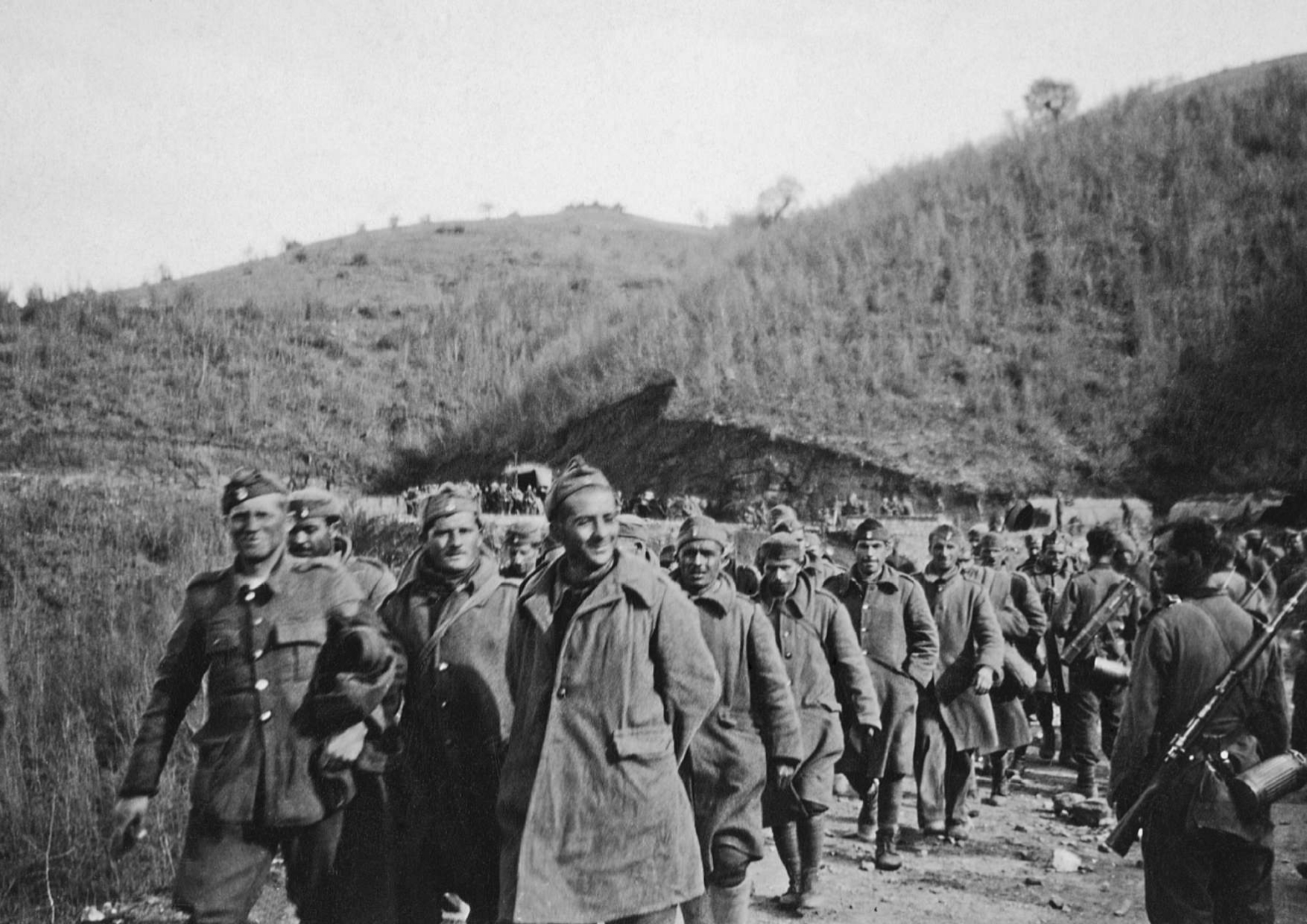
4/29/2025 10:34:06 AM
The Roupel Fort of the Metaxas Line in Serres
The Roupel Fort of the Metaxas Line in Serres is a defensive complex along the Greek-Bulgarian border. It was built in 1914 on the western slopes of Mount Tsigeli, near the Strymon River, and along with the Paliouriones Fort, it secured the Roupel Pass. During World War II, the fort endured a fierce attack by the Germans when their forces invaded Greek territory from Bulgaria. The German assault began at dawn on April 6th, 1941. Air raids by Stukas and artillery bombardments had little impact on the fortifications of Roupel. At the same time, the continuous attacks by German mountain warfare units were successfully repelled. Despite repeated operations and the capture of some heights, Roupel remained intact. The German losses were significant, and the defense by the Greeks was exemplary. Eventually, the Germans invaded Greece through Yugoslavia on April 9th, 1941, and advanced to capture Thessaloniki, cutting off the Eastern Macedonia Army, which had been defending Roupel and the other forts, from the rest of Greece. That same afternoon, German negotiators, aware of the surrender of Thessaloniki, requested the surrender of Roupel, arriving with a white flag. It was then that Lieutenant Colonel Georgios Douratsos, who did not know of the surrender, gave the historic response, "Forts do not surrender. They are taken." On the morning of April 10, General Konstantinos Bakopoulos, the commander of the forts, received an order for a ceasefire from the Greek General Staff. It was a tactical move aimed at preventing the bombing of Thessaloniki. Only then did General Bakopoulos negotiate an honorable end to the hostilities, saving all his men, who left the forts and machine gun posts in full gear at noon on the same day.
Pictured: Greek soldiers of the Roupel Fort garrison marching out of the fort in an orderly manner after its surrender on April 10th, 1941. ©Municipal Photography Museum of Kalamaria ‘Christos Kalemkeris’.

